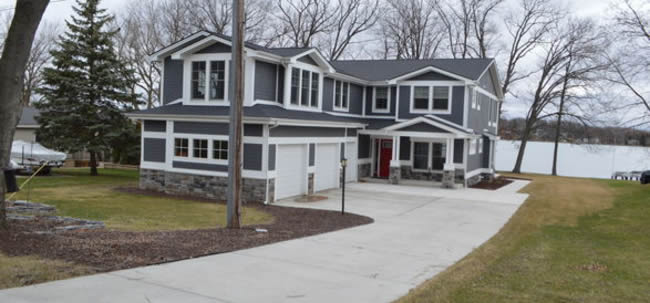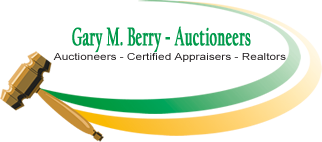
When people purchase homes, they believe that they are investing in a place they’ll live in for many years to come. They work hard to pay their mortgage in order to realize their dreams, and everything seemingly is working out in their favor. However, sometimes unfortunate circumstances arise and home owners are unable to make payments. Whatever the case may be: hardships, job loss, unwillingness to pay, etc., they wind up defaulting on their home.
While this is unfortunate for those who lose their homes, the opportunity to purchase a home at a highly reduced rate is very attractive to prospective buyers. However, if you are looking at purchasing a home at a foreclosure real estate auction, there are some things you will need to know beforehand.
Things You Need To Know Before Attending a Real Estate Auction
Types of Foreclosures
Before you head to the real estate auction, you will need to understand the different kinds of foreclosures. There are 3 main stages of foreclosure: foreclosure auction, real estate owned (REO), and pre-foreclosure. The foreclosure auction is the actual real estate auction open to the public and held usually on the steps of the court house, or inside the court house. A court representative or professional auctioneer in many cases may conduct this type of auction. The bank will usually have a representative at the auction to protect their interest. If say, $200,000.00 is owed on the property the bank may decide to bid to the $200,000.00 to protect their investment in the property. If someone bids more than $200,000.00, the high bidder will be the purchaser of the property.
REO occurs when the property fails to be sold at the above foreclosure auction and ownership is assumed by the bank. Pre-foreclosure is the time between the Notice of Default being delivered and the foreclosure auction itself. This is an opportunity to purchase the home, from the defaulting owners, before the foreclosure auction even occurs.
Viewing the Home
Typically, the foreclosure real estate auction process won’t allow you to view the property’s interior before making a bid unless the bank grants you access, if the property has been abandoned by the previous owners. More often than not, you will be making a bid to buy the property “as is”. If the current home owners still occupy the home, they may not be eager to allow you into their recently defaulted home to see what you’re bidding on. There is also a chance the home is in disrepair if the owners failed to make payments, and is something to consider before making an offer.
The foreclosure auction is generally considered best left to the professional buyers, who understand the legal aspects and who can afford the risk of buying a property without being able to inspect prior to the auction.
Foreclosed Property Auction (or REO)
Your best foreclosure real estate auction opportunity may be here. Once the bank has possession of the property it is now called a REO (Real Estate Owned) property. The bank then may decide to hire an auctioneer/broker to sell the property. The auctioneer will widely advertise the auction and hold open houses, so that any prospective bidders can make sure of the condition of the buildings before bidding at auction. The prospective bidder may even bring an inspector with him in many cases to make sure of the condition of the property before attending the auction.
When a bank decides to sell a REO property at auction, they are usually very ready to sell. They, therefore, will in most cases sell the property to the highest bidder, even though they stand to lose thousands of dollars or even tens of thousands of dollars.
Pricing the Property
As with any major purchase, there is quite a bit of homework to do before attending the real estate auction. You’ll need to estimate the value of the property to avoid overpaying. By gauging the average pricing in the neighborhood, you will be able to get a sense of what appropriate bids may be on the day of the real estate auction.
Come Prepared
Either before the day of the auction, or on auction day, you will need to get registered with the auction company. By contacting them well ahead of the date of the auction, you’ll be able to properly file any documents that are required. Read the terms of sale or phone ahead to be sure of the method of acceptable payment. Knowing the bidding process is important as well. There’s no need to make your first bid at the maximum price that you are willing to pay, if you can potentially win the real estate auction for a lesser bid. Another tip is to stick to your pre-determined maximum bid.
Keep in mind that foreclosure auctions are just a small segment of the real estate auction business. There are many other types of real estate auctions which present excellent opportunities to buy at your own price.
Contact a Michigan Real Estate Auctioneer
If you are looking to purchase or sell property in Michigan, contact a Michigan Real Estate Auctioneer today.
Contact Gary M. Berry, Auctioneers – Realtors at: 248-299-5959.
